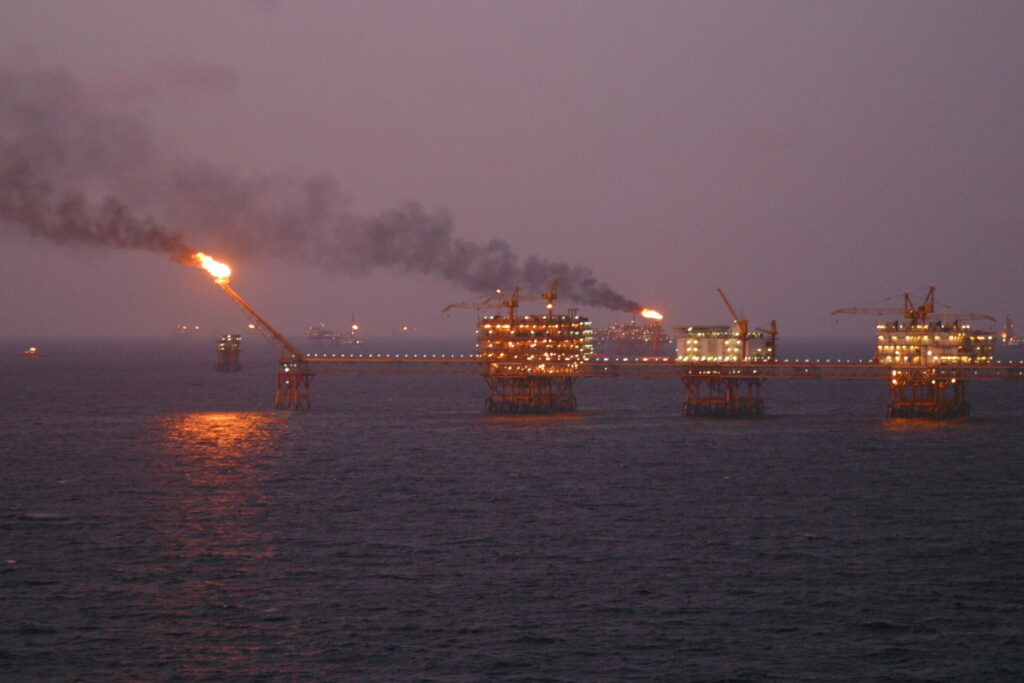After negotiations that went into the night, lawmakers agreed on the first European law to reduce methane emissions. The regulations will apply primarily to oil wells and coal mines and aim for a 30% reduction in European emissions by 2030.
The greenhouse gas is between 30 and 100 times as potent as CO2 (its potency decreases the longer after it is released) as it traps significantly more heat, a characteristic that has led environmental scientists to label it a "climate killer". It is frequently released into the atmosphere during the extraction and production of fossil fuels.
The legislation will require the oil, gas and coal sectors to measure and report emissions of the invisible odourless gas, and of course implement measures to prevent these emissions. The new laws were hailed by EU Council chair and Spanish Minister for Ecological Transition Teresa Ribera Rodriguez as "a vital contribution to climate action, as methane ranks second after carbon dioxide for overall contribution to climate change."
Methane has been calculated to account for one-third of the current global warming. Despite being highly flammable, making it a good fuel that is often used for energy production or in domestic applications, it is difficult to store and transport. As a result, operators of gas and oil wells or coal mines often resort to flaring – essentially burning off the gas for reasons of logistics and economy.
The bill introduces global monitoring tools to ensure transparency of methane emissions from oil, gas and coal imports into the EU. Just days before the UN’s climate conference COP28 (30 November – 12 December), the chair of the EU environment committee Pascal Canfin called it "a signal of the end of a blind spot in our climate strategy."
Related News
- 'Sword of Damocles': Flemish Government finally finds nitrogen agreement
- European Parliament excludes cattle farming from emissions directive
- Climate change: Is the EU doing enough to reduce methane emissions in agriculture?
At COP26 in 2021, the EU and US launched the Global Methane Pledge in which over 100 countries committed to reduce their methane emissions by 30% by 2030 compared to 2020 levels.
But the European Council pushed back against applying this commitment to all sectors, in particular exempting the agricultural sector, which makes up 53% of the EU’s methane emissions. Proponents of the text were frustrated by this, with S&D MEP Güther Sidl insisting that "We will continue to put pressure on the Commission and Member States to cover all sectors, including agriculture, waste and sewage."
The new legislation must still be formally adopted by both institutions, though this is taken as a formality.

